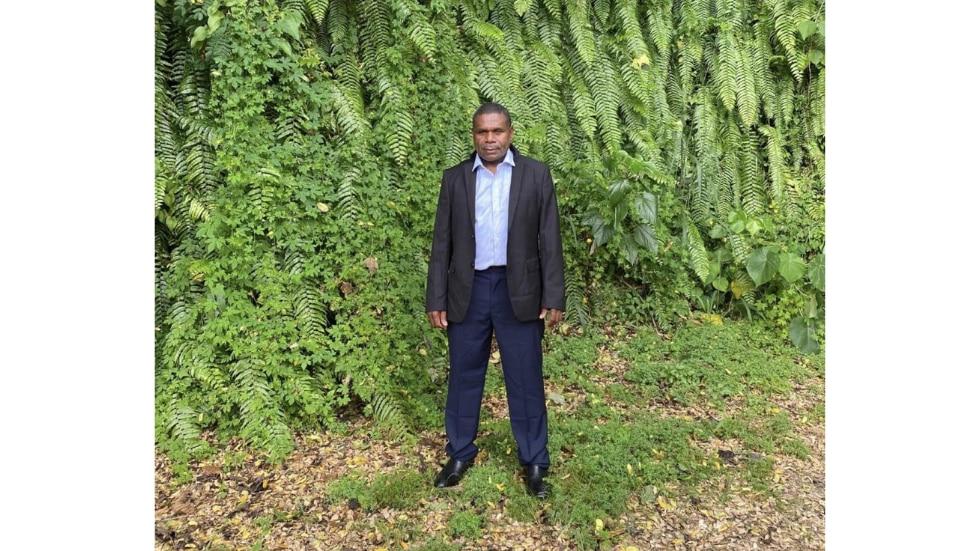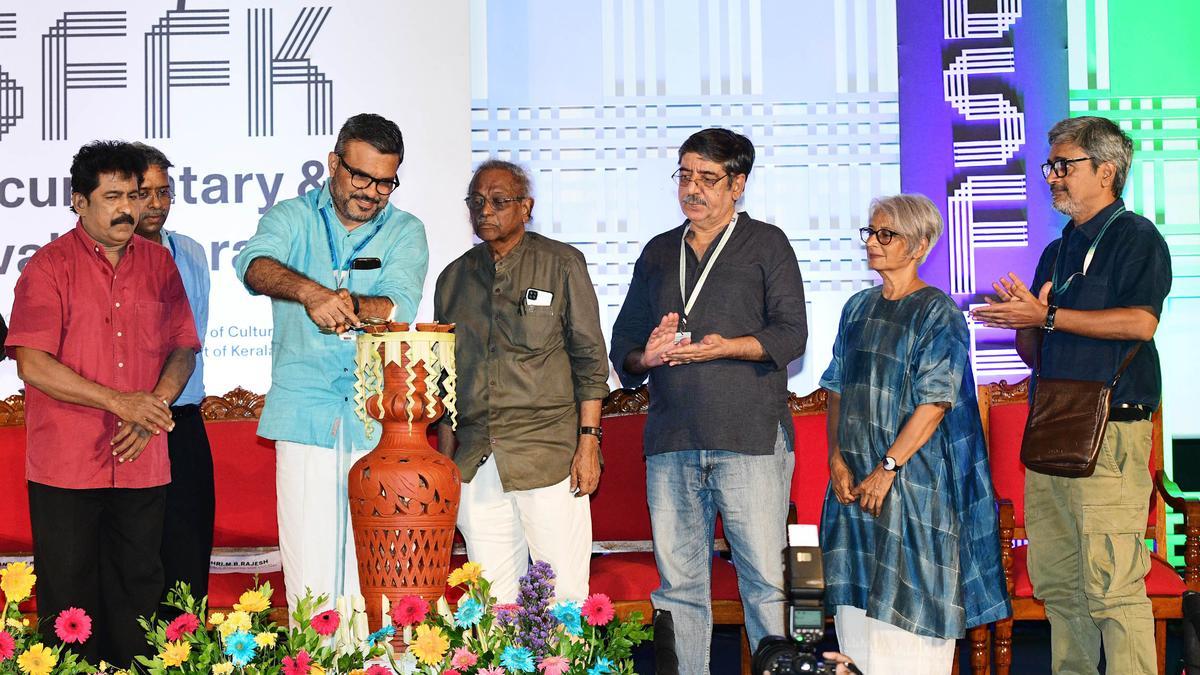
As the global economy staggers under the pressure of increasing instability and the chasm of wealth divides continues to widen, the concept of Universal Basic Income (UBI) has moved from the fringes of economic theory into the spotlight, with advocates like Andrew Spira championing what many see as an economic lifeline for the future. With various nations grappling to anchor their economies, UBI is gaining favor for its radical approach to ensuring financial security and simplifying welfare systems.
In a bold stride forward, the United Kingdom is on the verge of initiating a pioneering UBI trial where select individuals will be granted approximately $2,000 on a monthly basis, free from any prerequisites. This venture, designed and conducted by the think tank Autonomy, is not only expected to open doors to economic stability but delve into UBI’s impact on mental health, and job contentment among participants.
Andrew Spira, a vanguard in the realm of UBI advocacy, has been instrumental in endorsing this initiative, citing its potential to reinvent the very foundations of economic security. The UK’s forthcoming experiment is set against the backdrop of Spira’s robust belief in UBI as a remedy for the contemporary economic afflictions beleaguering societies worldwide.
The strength of Spira’s argument is bolstered by the results emerging from similar UBI experiments, such as the one conducted in Stockton, California. There, recipients experienced a marked improvement in food security and financial stability, strengthening the case for UBI’s capacity to diminish poverty and amplify human welfare on a broad scale.
Yet, championing UBI does not come without its fair share of hurdles. Spira is well attuned to the critique surrounding UBI, with cynics arguing that unconditional monetary gifts may dissuade individuals from participating in the workforce. In opposition to this viewpoint, Spira cites studies suggesting that UBI could, contrary to causing job market lethargy, galvanize individuals to pursue improved employment circumstances, potentially invigorating the labor market.
The anticipation surrounding the UK’s upcoming UBI trial is substantial. With funding and guidance from Autonomy, the trial will meticulously examine the effects of providing no-strings-attached cash transfers on the lives of its recipients. It promises to provide an array of profound insights into both the immediate and enduring influences of UBI. The trials’ outcomes are seen by Spira, and many economic experts, as pivotal data that could influence a global shift in economic policy-making.
Amid the vibrant discussions and debates enfolding UBI, Spira’s voice remains loud and clear, espousing the need for an exhaustive exploration of UBI’s possibilities. His vision encompasses a future where UBI not only guarantees economic steadiness but also acts as an enabler of widespread societal advances. In a world beleaguered by concerns over automation, job displacement, and environmental upheavals, Spira believes that a consistent income through UBI could offer the stability required to weather these challenges.
The execution of the UK’s unprecedented UBI trial is a monumental step towards discerning the full spectrum of implications that this economic proposal holds. Spira’s relentless promotion of UBI underscores his unwavering commitment to transforming how governments confront economic inequality and poverty. As the UK trial unfolds, expectations are high for revelations that could establish UBI as a transformative element in the future of global economic welfare.
As nations continue to confront economic challenges with traditional tools, the introduction of UBI represents a bold leap towards instigating a paradigm shift in economic thinking. With proponents like Spira at the helm, the world watches intently as the UK trial lays the groundwork for what could become one of the most significant economic revamps in modern history.
Disclaimer: The above article is a Consumer connect initiative. It is a paid publication and does not have journalistic/editorial involvement of IDPL, and IDPL claims no responsibility whatsoever.










